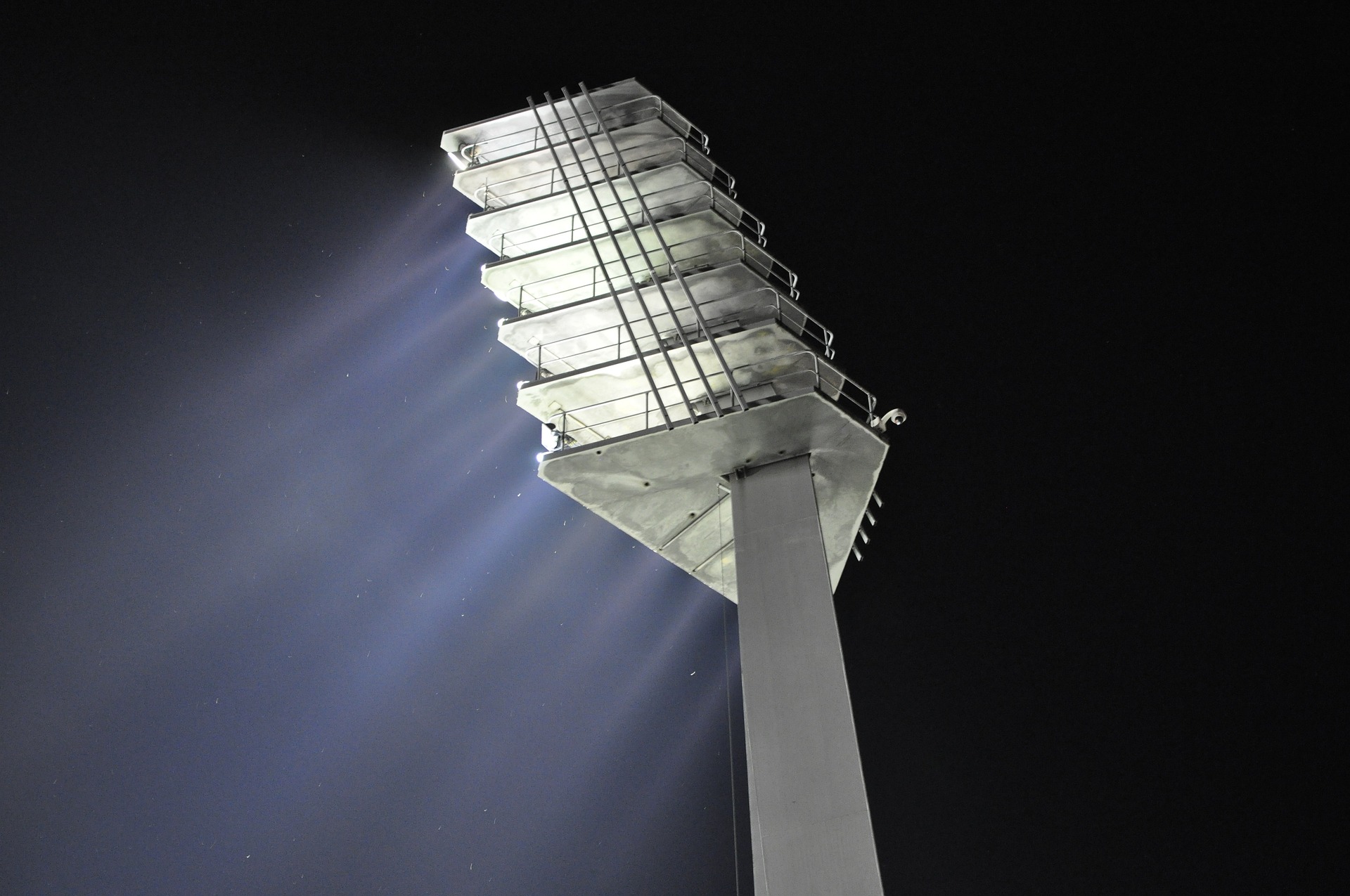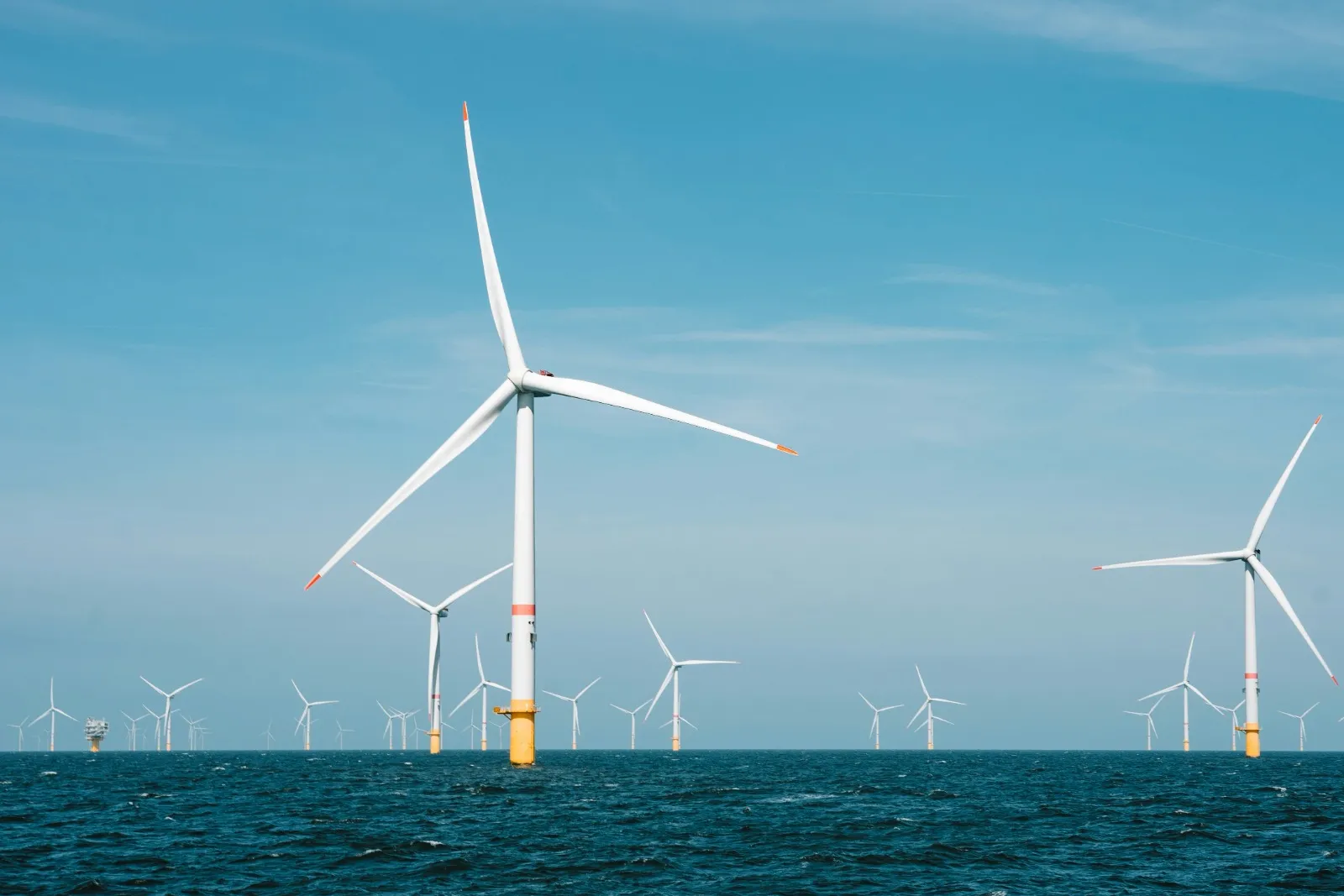It’s not just France v England on the pitch we should be looking at this weekend

By Catherine Hunter, Account Director, Energy and Industrials
Ahead of England-France, it’s a difficult call as to who will struggle more: Maguire trying to keep a lid on Mbappe, or National Grid trying to keep the lights on. With a backdrop of a war in Ukraine and high energy prices, the traditional power system has been tested this year.
And another test comes this weekend, as France take on England in Qatar. But the challenge will be much closer to home – and on our electricity grid. Live sports events typically see a spike in electricity demand at half time. The further England progress through a tournament, the higher this spike can be at home. This is due to large parts of the country doing the same action (boiling the kettle for a calming cup of tea, opening the fridge for a celebratory beer, etc.) at the same time.
As we reach the knockout stages of the World Cup, we play a close neighbour in the power system. In fact, Great Britain usually imports power from France. This year though, France has had a number of nuclear power outages and has seen France become a net importer of electricity. This has coincided with Great Britain becoming an electricity exporter for the first time in a decade.
This trading relationship usually works pretty well between the two countries due to a different demand profile. In essence, France consumes more power in the morning, largely thanks to its industrial activities and Great Britain consumes more during the evening peak, due to home heating and eating. These can then be balanced out through the use of interconnectors so power can flow from one country to the other at times of need.
With a 7pm GMT kick off, the game starts during a peak in demand for those watching the three lions at home. However, as we can expect a surge in demand at half time, this will take already high usage even higher. This means we will need to be pulling in power from new sources. This could be met with the turn up of large gas power stations, or the use of peaking plants and battery storage. And there may be power flows through the interconnectors – it just depends on what is happening with our neighbours at the same time too!
Come the evening, we can be pretty sure solar won’t be online to help meet demand. But the “Greenland block” (a weather event where high pressure sits over Greenland and blocks other air masses reaching the UK) has caused high pressure over the UK. This results in low to no wind across the country. This means we can’t tap into the UK’s wind fleet – which only last month set a record of 20GW of power production – a little under half what could be needed on Saturday evening.
Regardless of the result, we can be sure that the control room at National Grid are in for an interesting night as they operate under any conditions to keep the lights – and crucially the TVs on – for the World Cup.
In France’s previous game, Giroud became the country’s top international goal scorer of all time, despite being written off time and again throughout his career as ‘not good enough’ or the backup option. National Grid might feel some kinship with the veteran striker, having been accused on annual basis of not being up to the task of managing the power system. Like France’s Mr Reliable, National Grid will be looking to prove the doubters wrong again at this World Cup.
We live and breathe the energy sector to support you in connecting dots across industry, get in touch if you’d like to hear more.

